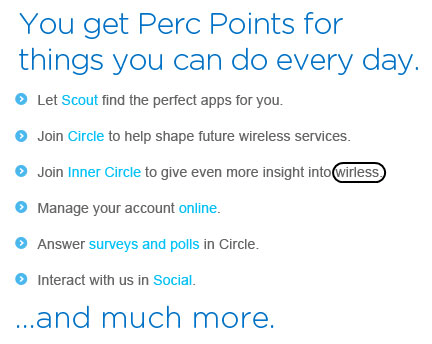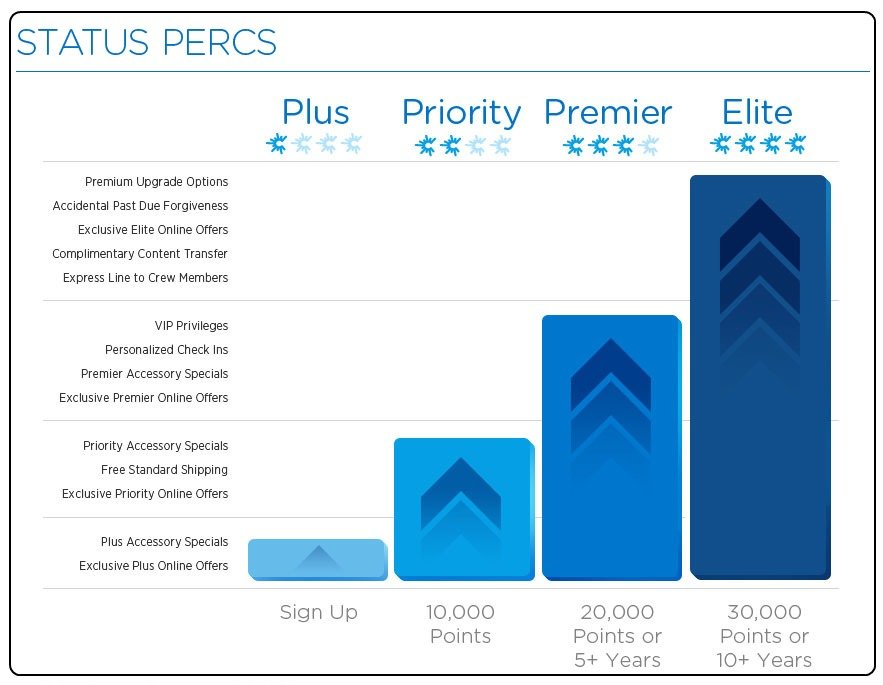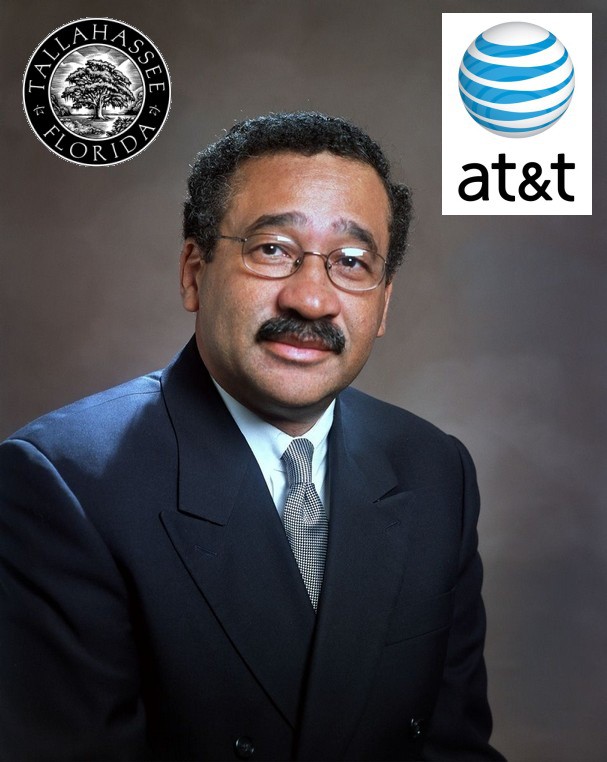Internet Overcharged: Verizon Reseller Sells California Man Wireless Data Plan That No Longer Exists
Customers who see the logo of their favorite wireless phone company on a storefront might do better to look a little closer to determine if they are doing business with a company-owned store, or a third-party reseller. A Bakersfield, Calif., man quickly learned the difference when he bought a mobile broadband service plan from Go Wireless that Verizon says no longer exists.
Allan Fox found out the hard way when his first bill arrived with a steep overlimit fee attached, and without the broadband plan he signed up for.
Fox purchased the discontinued plan from Go Wireless, a third party reseller of Verizon Wireless services. Fox thought he was purchasing a 3GB plan for $35, with a two-year service contract. Verizon thought otherwise, and so began weeks of a runaround between Fox, Go Wireless, and Verizon.
It turned out that Verizon no longer offered the plan Fox bought from what he thought was Verizon Wireless itself. Go Wireless is one of several independent third party companies that resell Verizon Wireless service, often with their own terms and conditions that include early termination fees owed not just to Verizon, but also to Go Wireless.
Go Wireless’ retail stores prominently feature Verizon Wireless’ logo, with their own logo appearing in reduced size, next to a message indicating they were a “premium retailer.” That presumably sounds better than “third party reseller.”
After several attempts to straighten out the mess, Fox wanted to cancel his contract and just move on. But then he discovered Go Wireless would charge him a $175 early cancellation fee, even though Fox’s predicament was their fault. That’s when Fox called a local television newscast for help.
KBAK-TV news waded into the middle of the dispute that had gone on for nearly six weeks. Verizon Wireless told the station it was willing to cancel Fox’s service penalty-free, but since Fox purchased the phone from a third-party reseller, and not from a company-owned store, Go Wireless would have to credit their own cancel fee. Go Wireless, experiencing some turnover in local management, finally agreed to waive the fee, but only after the TV station got involved.
Customers must be careful when purchasing phones or signing contracts with third party sellers — both online and in traditional stores. Most company-owned stores display their respective carrier logos and nothing else. Words that usually provide a clue you are dealing with a reseller include: “authorized retailer,” “authorized dealer,” “Service provided by: (name of third party company),” “authorized agent,” and a dead giveaway is a signed contract with anyone other than the cell phone company you are using for service.
Third party resellers make their money on generous commissions earned when a customer signs a new contract or renews an existing one. That commission can be forfeit if a customer returns the phone or cancels service early, which is why third party dealers protect themselves with their own contracts that include early termination or cancellation penalties owed to them, not the wireless provider. Some customers can find themselves exposed to $500 or more in total cancellation penalty fees owed between the wireless phone company and the reseller.
So why do people purchase phones from these resellers? Convenience and savings.
In smaller communities, company-owned stores may be few in number (or non-existent), and in-person help can be a godsend for customers who need to figure out their phone or obtain a warranty replacement. Online, resellers like Amazon.com, Newegg, Wirefly, and others often charge substantially less than wireless carriers charge themselves for phones. That savings can often be more than $100. But these resellers are not for those who are unsure about the phone they want (or the provider). Returning a phone or canceling service means dealing with two parties — the carrier and the reseller, to end service. The cost of doing so can be very steep, so always read the terms and conditions before buying.
[flv]http://www.phillipdampier.com/video/KBAK Bakersfield Man has Internet billing trouble 9-26-11.mp4[/flv]
KBAK-TV’s Investigation Bakersfield unit helped a local man untangle a major billing mess that began when he was sold a mobile broadband plan that no longer existed. (3 minutes)


 Subscribe
Subscribe










